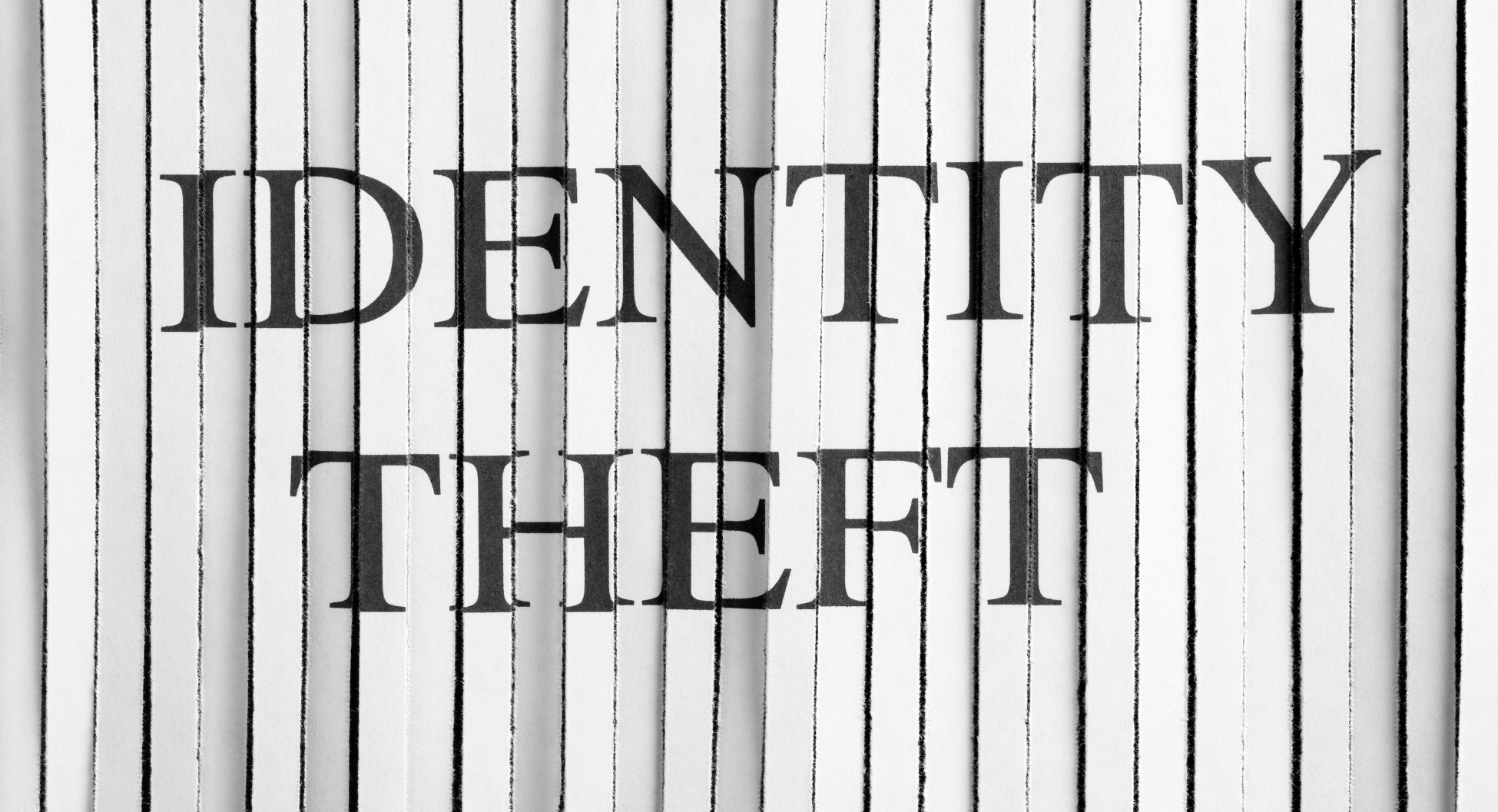Recently, a Ukiah homeowner reached out to me, concerned about a letter he received offering insurance to protect against scam artists who might want to steal his house with forged documents.
Here’s how the purported scam goes: You’ve done everything right, faithfully paid your mortgage, property taxes, and homeowners insurance in full and on time. However, scam artists can forge the deed to your house, transfer ownership to themselves, and use the house as collateral for a huge loan—and you could lose your home as a result!
It’s enough to make any homeowner quake in their boots, and potentially buy insurance they don’t need.
While it is possible for scammers to try to forge documents and borrow against your home, it’s not likely to work. Let’s say Fred Fraudster gets a notary to help him forge a deed of trust that transfers ownership of your home to him. He records that deed at the County Recorder’s Office, then heads over to the bank to take out a $200,000 loan against the property.
Before approving any home loan, the first thing most lenders do is call a title company. Title companies compare signatures against the original documents and check to see who recorded the deed at the County. If the signatures don’t match or they see that the deed was recorded without a title company’s involvement, the title officer on the case will get in touch with you (the original homeowner) and ask you a few questions, at which point, the gig is up. The bank will not loan the fraudster any money, and the fake deed can then be removed.
If a crafty scammer does a passable job of forging your signature and the title company doesn’t do its due diligence, you still aren’t on the hook for the loan. The title company is at fault. Fred Fraudster could not legally encumber your house with a loan because he didn’t own the property. Unfortunately, you will have to go through the frustrating and costly process of straightening out what happened. This type of scam is a cousin to identity theft, and it is rare. Generally speaking, you do not need more insurance to protect against this.
Now, I am not suggesting crazy stuff doesn’t happen. It does. Forty years ago, I purchased a note secured by a deed of trust on a house. When the loan payments did not materialize, I started foreclosure proceedings. Then I received a visit from two women who wanted to know why I was foreclosing on their parents’ house.
Turns out, their mother had a gambling problem. She forged her husband’s signature and transferred the home into her name alone so she could borrow against the house to pay her debts. The scammer in this case was the original lender. He said, “Sign the house over to me, and you can buy it back when you have the money.” He carried the financing and sold me the note.
When I showed up in court, there were as many lawyers as there were principals. The lender who sold me the note had a lawyer, as did the husband, the wife, the title company, the notary, and the escrow officer—and so did I. In the end, everyone got on the stand and told the truth. The notary admitted he hadn’t seen the signature. The wife admitted she forged the signature. The lender admitted he knew it was unlikely the loan would be repaid.
So, while I do not recommend buying additional insurance for a scam you are not likely to face, I do recommend protecting your identity. Visit consumer.ftc.gov/articles/what-know-about-identity-theft to learn more.
If you have questions about property management or real estate, please contact me at [email protected] or call (707) 462-4000. If you have an idea for a future column, share it with me and if I use it, I’ll send you a $25 gift certificate to Schat’s Bakery.
Dick Selzer is a real estate broker who has been in the business for more than 45 years.


